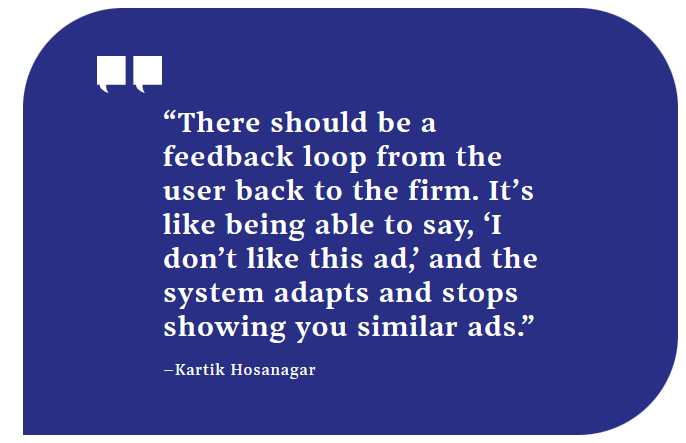In this era of Big Data, it seems like financial services companies know everything there is to know about our lives as consumers – where we live, what we do for a living, how much we make, how much we have saved, what we buy and what we might want to purchase in the future.
But the reality is there are huge segments of the population in the U.S. and globally about which these companies know very little. Sometimes that’s because people have left very few data “breadcrumbs” offering clues about themselves – they’re unbanked or underbanked and lack a credit history. In other cases, consumers have left a trail, but it’s not accessible to the company or agency that needs it to asses someone’s worthiness for a credit card, a cell phone plan or an apartment.
And in still other instances, companies just don’t know what they don’t know. They haven’t put systems in place to really get to know or collect data about groups of consumers who don’t look like the people who populate the firms’ own front offices – people who aren’t white, aren’t straight, don’t live in a big city, who may lack college degrees or may have recently immigrated to their current country of residence.
“There’s a huge conversation to be had about how do we in the industry represent the spectrum in the U.S., or if you have global coverage, how do you represent the spectrum of people globally when all you’re looking at is a list of privilege” among top leadership, said Jane Barratt, chief advocacy officer of MX Technologies, a Utah-based firm that provides data to financial institutions and fintech firms.
Barratt and other experts discussed how financial services and fintech can become more inclusive and more empowering for consumers at the recent “Fearless in Fintech” conference at Wharton San Francisco. The conference was co-sponsored by Knowledge at Wharton and Wharton Executive Education and organized by Momentum Event Group.

Analysis: I find this reading extremely helpful as it explains the positive qualities of fintech and data capturing banking tools while simultaneously pointing out their many pain points. It notes areas that need more of an inclusive approach to get more accurate data and further solutions for bank customers. It also explains the need to be transparent with customers about the data a bank is capturing and what it is being used for, along with a need for customer feedback loops. Not only do I think more customer feedback is needed from data-capturing technology, but I also believe the ways we capture data need to be more inclusive. The banking industry is missing loads of data from minority groups because they have discriminated against them from using certain banking services and products in the past. It is important that a banking company, like Huntington, formally audits their technology before employing it. Overall, it supports designing with ethics and responsibility in mind, and as designers I believe we are responsible for the outcome of the technology we utilize to come up with and execute our products and services.
Citation:
How fintech can make banking more inclusive – and empowering. Knowledge at Wharton. (n.d.). https://knowledge.wharton.upenn.edu/article/fintech-can-make-banking-inclusive-empowering-consumers/




